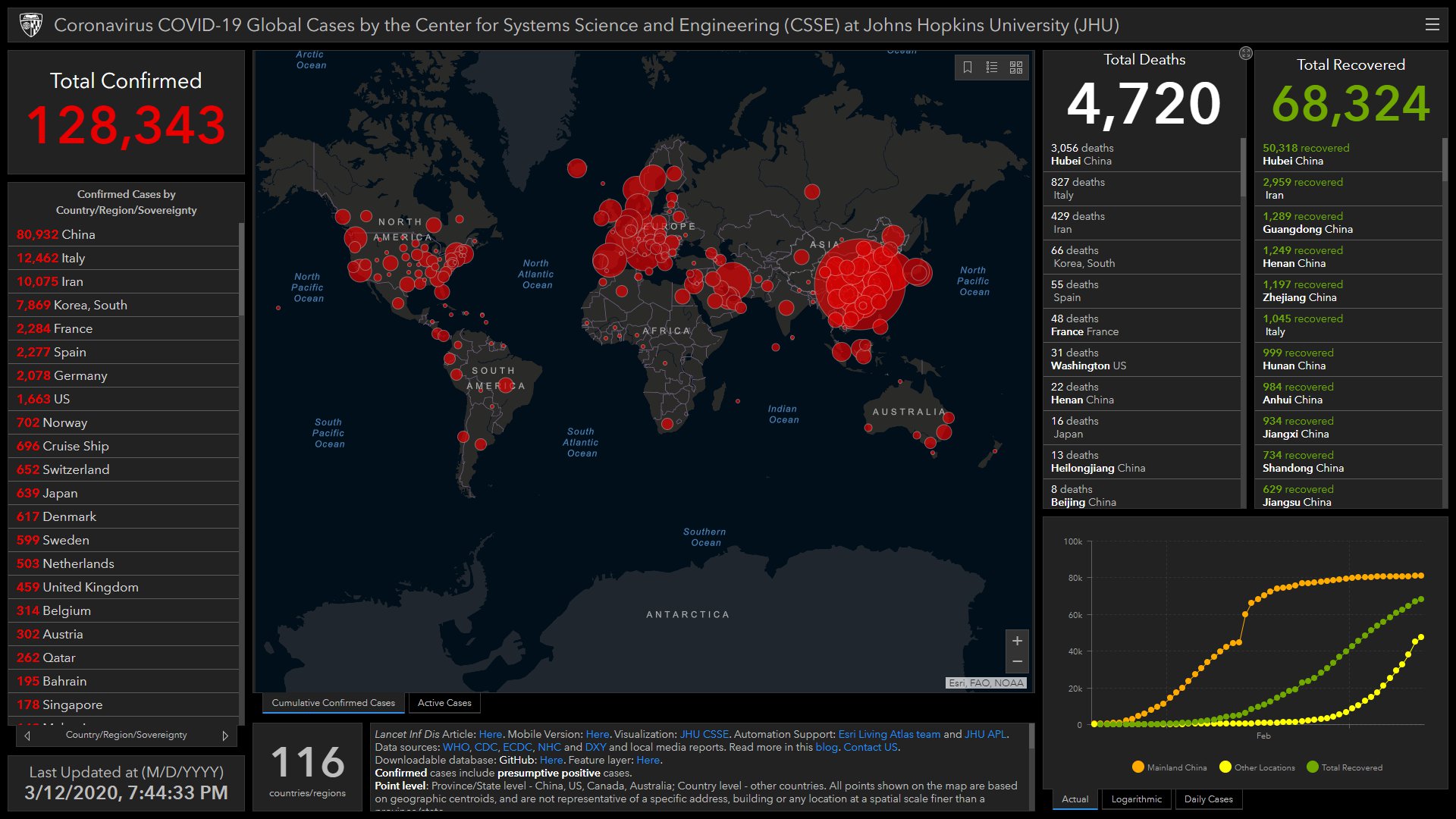NHERI Response
to COVID-19
Policies and Guidelines for Coronavirus
NHERI Research activities continue at this time. For more information check the table information and appropriate links to the institutions.
The status will be updated as more information is available, and for more information contact the appropriate facility or component contacts listed at the webpage of designsafe-ci.org.
Updated as of April 23
The NHERI program will continue to monitor the situation and update policies for NHERI program activities to protect the health and safety of researchers, facility staff, and the public in accordance with guidelines set by government agencies, the National Science Foundation, and local facility administration.
| NHERI Facility | Current Status / Restrictions |
| Network Coordination Office, Purdue University | NCO activities continue mostly remotely at this time (staff are working on campus as needed, and in accordance with the following plans). In accordance with the Indiana Governor and Purdue University's leadership, we will begin following the phased approach to re-open research operations. Purdue University has begun their phased plan to reopen campus for research and academic operations, and all campus buildings are open (with restrictions and safety measures) as of August 3. Further information can be found on Purdue's website for COVID-19 updates. More Information >> |
| Computational Modeling and Simulation Center (SimCenter), University of California, Berkeley | The NHERI SimCenter is continuing operations at this time. In accordance with University and local requirements, workshops and in-person events are postponed until further notice. Shelter-in-place orders necessitate many personnel work remotely, so the SimCenter Forum remains the best way for users to interact with the Development Team. Software deployed to run at DesignSafe is operating. More Information >> |
| Cyberinfrastructure (DesignSafe), University of Texas, Austin | Service for the DesignSafe web portal and user support staff continue. Plans in place for staff to work remotely and continue to do so until the University of Texas allows for a return to the office. DesignSafe-CI continues to be under a travel ban. Research activities continue at this time. More Information >> |
| Experimental Facility, University of California, Davis | The UC Davis NHERI EF has begun to conduct limited research operations, in accordance with their plan to ramp up operations that has been approved by their University authorities. They will operate in accordance with all University, local, state, and federal guidelines to ensure the safety of their staff and researchers. More Information >> |
| Experimental Facility, University California, San Diego | The UCSD NHERI EF is not supporting any testing due to the 6-DOF upgrade of the shake table. Due to risks associated with COVID-19, visitors are currently not allowed. However, NHERI@UCSD personnel is available to communicate and answer questions about the facility, especially with potential future users of the facility. More Information >> |
| Experimental Facility (RAPID), University of Washington | The RAPID facility is open, with most staff working remotely. They are currently supporting (with instrumentation) several reconnaissance missions across the United States; however, we have restricted staff travel to sites within a 1-day drive of our headquarters in Seattle. Users (and perspective users) can continue to access the RAPID team via email, phone, and the DesignSafe Slack Channel. Support for post-processing data and assistance with project planning are available. More Information >> |
| Experimental Facility, Lehigh University | The Lehigh EF reopened with limited capacity on June 8, 2020, under a set of new, stringent safety protocols. Facility professional PIs and professional staff continue to work remotely to support users of the facility and are available via e-mail, teleconferencing and telephone. More Information >> |
| Experimental Facility, Oregon State University | All non-essential travel continues to be suspended. The OSU NHERI EF is open for testing in their laboratory, with external users in accordance with university protocols More Information >> |
| Experimental Facility, University of Texas, Austin | NHERI@UTexas Facility has opened to limited, local field testing, though all personnel are working remotely. Travel is allowed with approval of the Dean. More Information >> |
| Experimental Facility, University of Florida | The EF is open and operating according to their University-approved safety plan. Approved staff members are distancing when possible, wearing PPE (masks), cleaning/disinfecting frequently, and checking in regularly with the lab manager to schedule activities. The facility does not currently have outside users visiting the lab but are able to support user projects in one of two ways: 1) UF users that are approved to be in the lab and 2) remote participation by external users. In addition to supporting user experiments, we continue to work with prospective users on proposal development. More Information >> |
| Experimental Facility, Florida International University | Face to face events continue to be cancelled. Following very strict policies to ensure the safety and health of the facility and university personnel, in person testing has resumed in a limited way. More Information >> |
| CONVERGE, University of Colorado, Boulder | All international as well as domestic travel is suspended. All CONVERGE team members are working remotely until further notice. More Information >> |
What is COVID-19?
From the Center for Disease Control (CDC) COVID-19 factsheet (PDF):
Coronavirus disease 2019 (COVID-19) is a respiratory illness that can spread from person to person. The virus that causes COVID-19 is a novel coronavirus that was first identified during an investigation into an outbreak in Wuhan, China.
The virus that causes COVID-19 probably emerged from an animal source, but is now spreading from person to person. The virus is thought to spread mainly between people who are in close contact with one another (within about 6 feet) through respiratory droplets produced when an infected person coughs or sneezes.
Patients with COVID-19 have had mild to severe respiratory illness with symptoms of fever, cough, and shortness of breath. Some patients have pneumonia in both lungs, multi-organ failure and in some cases death.
More information about the disease including mitigation strategies, outbreak reports, and risk assessments can be found at the CDC Coronavirus Disease 2019 website.
Tracking COVID-19
Researchers at John Hopkins University have created a frequently updated dashboard for visualizing the current state of the outbreak, using the latest data from a variety of sources including the World Health Organization (WHO), the Center for Disease Control (CDC), the European Center for Disease Prevention and Control (ECDC), and the National Health Commission of China.
NOTE: This visualization website is not affiliated with the NHERI program.








